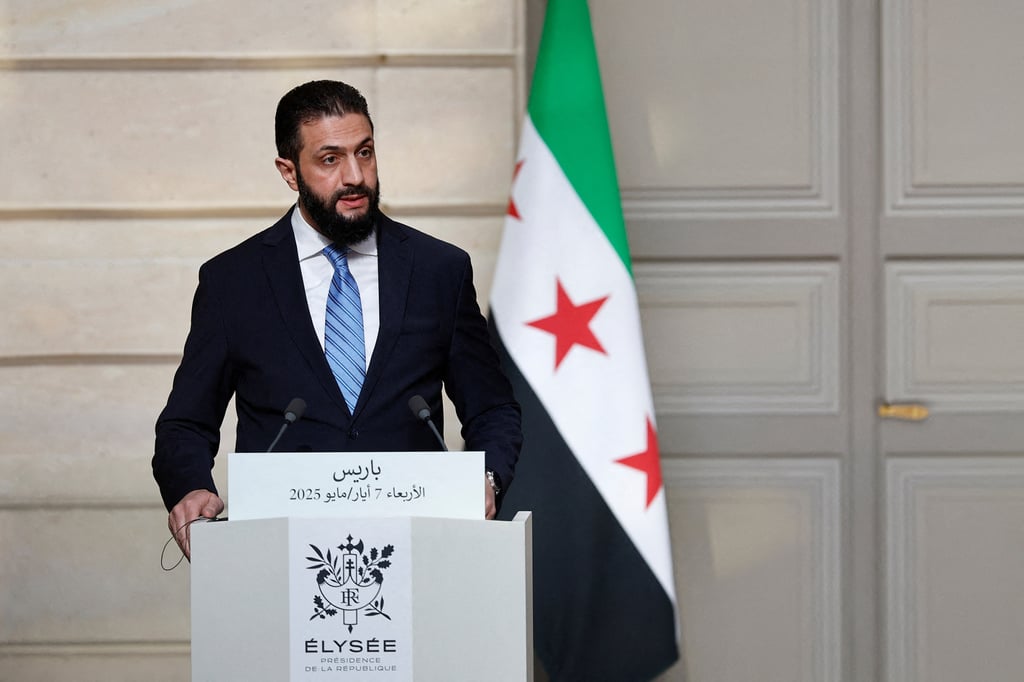Some US$20 billion of foreign investment and financial aid is set to pour into Syria over the next few years, kick-starting the reconstruction of the war-torn country after Western sanctions were lifted two months ago.
But the desperately needed funds forthcoming from Gulf Arab, Turkish and Western firms remain tied to Syrian President Ahmed al-Sharaa’s willingness to reach some kind of Washington-backed peace agreement with an antagonistic Israel, according to several Middle East experts who have estimated the sum.
While the United States “backs Syria’s government to capitalise on the power vacuum” left by the fall of Bashar al-Assad’s regime last December, and “to limit Iran’s resurgence, its support for the new Syrian government is clearly tempered by Israel’s security concerns,” said Andreas Krieg, an associate professor of defence studies at King’s College London.
President Donald Trump, who lifted US sanctions against Syria in May following the request of Saudi Crown Prince Mohammed bin Salman and Turkish President Recep Tayyip Erdogan, “favours transactional alliances and has signalled that deeper US engagement with Syria hinges significantly on how it manages its relations with Israel,” Krieg told This Week in Asia.
However, Israel has shown little appetite for compromise with al-Sharaa’s administration, despite several rounds of Azerbaijan-hosted talks arranged by the US since April – most recently last week, just before Israeli warplanes bombed Syrian government forces being deployed in southern Syria to stop clashes between local Druze and Bedouin militias on Sunday.
In a joint statement issued on Tuesday, Israeli Prime Minister Benjamin Netanyahu and Defence Minister Israel Katz said Israeli forces had intervened against Syrian forces in the city of Sweida because they were “in violation” of Israel’s imposition since December of a demilitarised zone in southwest Syria.



